
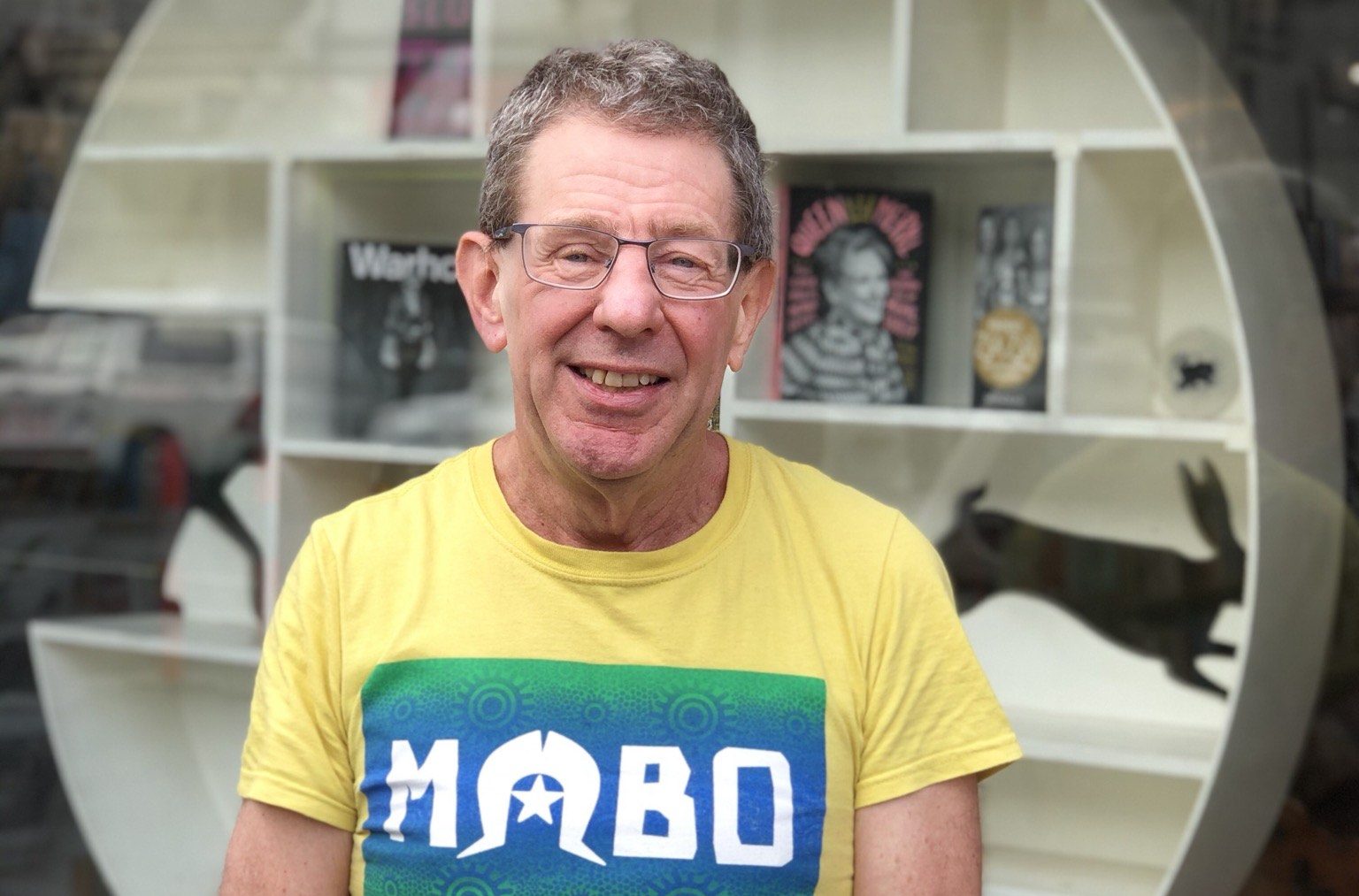
For a few months after a Critical Incident Response Team (CIRT) of the Victoria Police barged into Melbourne’s iconic LGBTQ bookshop Hares & Hyenas in the middle of the night, owners Rowland Thomson and Crusader Hills couldn’t bear to be in the shop they had originally founded in 1991.
That feeling of terror and dread returned this week in the days leading up to the Independent Broad-based Anti-corruption Commission (IBAC) making public their investigation into the raid and the injury caused to LGBT event promoter Nik Dimopoulos.
On Thursday, IBAC ruled that the police had not used “disproportionate force” or that the raids were not linked to “race”or “sexuality”, though it found that Dimopoulos’ human rights were impacted.
“We are all feeling extremely disenfranchised,” says Rowland as he sat down to talk to the Star Observer at the bookshop. The COVID-19 related restrictions has meant less customers walking in, and the bookshop has been encouraging online orders with home delivery by bicycle.
“Personally, for most of last year I was unable to focus. For the first few months (after the incident) we weren’t able to do a lot of things. We dropped the ball around the venue and stuff. Our staff did what they could. Neither Crusader nor myself wanted to be in the shop, which is strange because it happened upstairs. But, it was just that feeling around crowds and things. Trauma plays out in different ways, and for me, I just didn’t want to be in the shop,” recalls Rowland.
Time heals, or so he thought. “I thought that the feeling of trauma had sort of dissipated. But in the last couple of days, we were sort of given a little heads up. When we got a bit of a summary of it, I just started crying and for about three hours, I was just shaking,” says Rowland.
Memories of the incident and the trauma have resurfaced for Rowland and even an innocuous police van triggers anxiety. “The other day I was riding my bike in the city when a CIRT van had to stop for me. There was a feeling of irony about them stopping for me, but at the same time there was this feeling of terror, of fear, especially now (to enforce COVID-19 lockdown restrictions) when the police are allowed to stop people to ask, ‘Are you riding for exercise?’ They can question people for why they are outside. And that is a scary thing. There could have been one of the people in the van who could have smashed your friend’s arms to smithereens without any punishment as far as I can see.”
“A nothing report” and “beyond belief” is what Rowland calls the IBAC’s findings. “How anyone could imagine that subduing someone who’s not armed, and is innocent – although innocent or guilty, shouldn’t really come into it, they suffer such a massive injury that after 11 months they are still dealing with it, (the incident) has limited their ability to work, they spend most of their time dealing with physio and trauma counseling – to think that this is not ‘excessive force’ is beyond belief,” says Rowland.
There are questions from the night that Rowland still does not have answers to. For instance the police’s claim that they were chasing a man suspected of carjacking, or that someone looking to escape would jump over a 10-feet high garage fencing their property, instead of neighbouring properties with smaller garden fences or as to why the police did not identify themselves. Rowland was in bed in the apartment above the store, while their friend Nik was sleeping on the couch, when police entered the premises on May 12, 2019. “When they came in, neither of us heard them identify themselves as police, which is why Nik ran because he thought it was a home invasion. When he ran they said something like ‘Get him!” which could have been something that home invasion thugs would say. None of them said, ‘This is the police, stop’,” Rowland recalls.
The raid at the LGBTIQ community’s beloved queer bookshop had led to an outcry, though Rowland believes the police action did not have anything to do with the shop or the sexuality of the owners. “I don’t think any of us heard any homophobic comments (during the raid). We have all along said that we didn’t think homophobia came into it. The massive outpouring within the community has more to do with the violation of the space. People see us as a safe place to go to. And so even though this wasn’t a homophobic act in itself, it did create a response along those lines because of that feeling of violation that so many people felt and they expressed it to us in their support.”
While Rowland has left future steps in the hands of the legal team, he wants the authorities to reflect on what message the report sends out to the community. “I would broaden it to what does (the report) say for any minority and in fact, you could say for anyone. What happened to us could have happened to anyone in Melbourne. And that is the thing that we need to change. Of course, it’s magnified so many times more across class and indigenous and refugee communities. This makes it even more significant that something has to be done,” he emphasises.




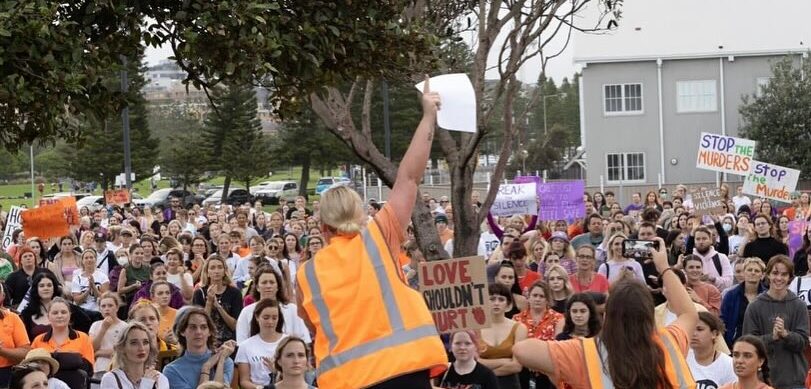
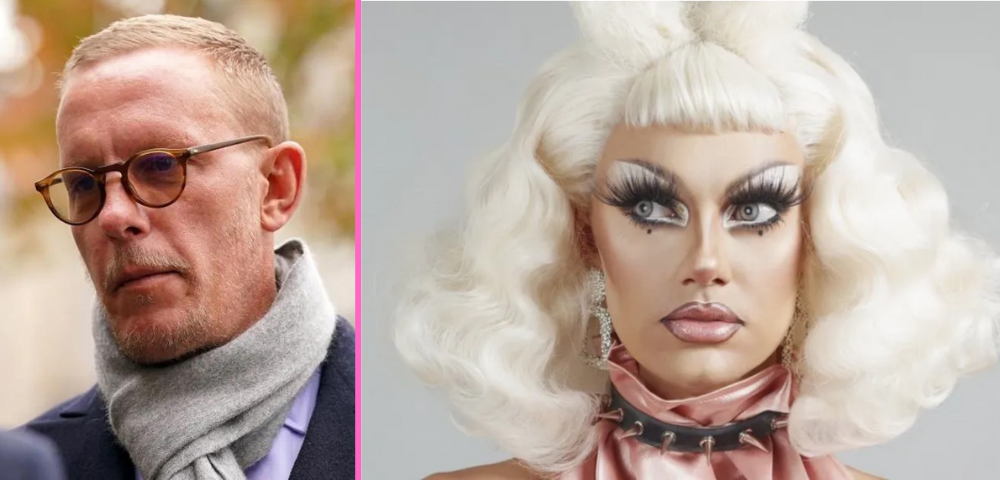
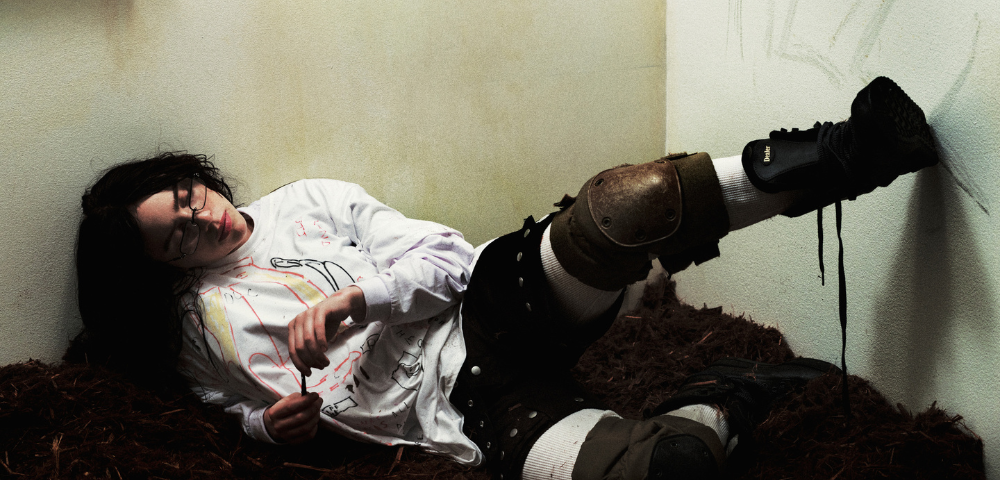
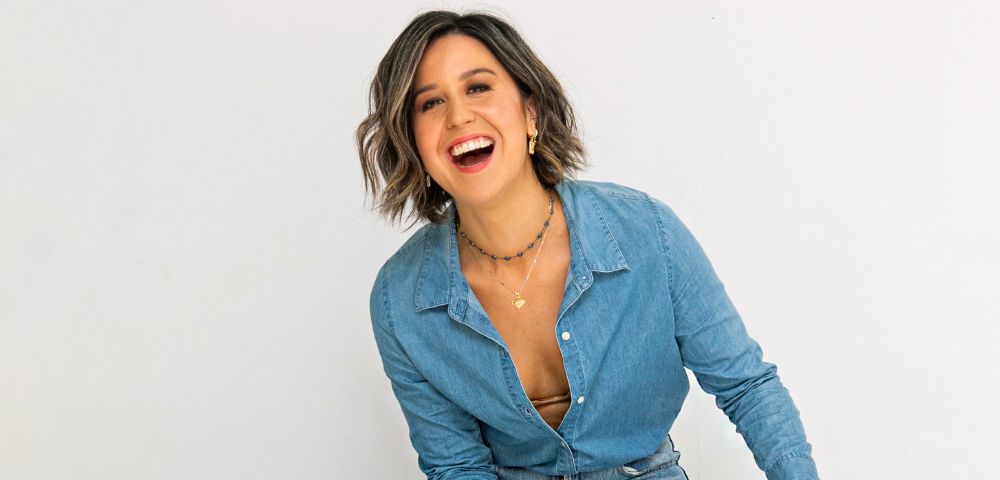
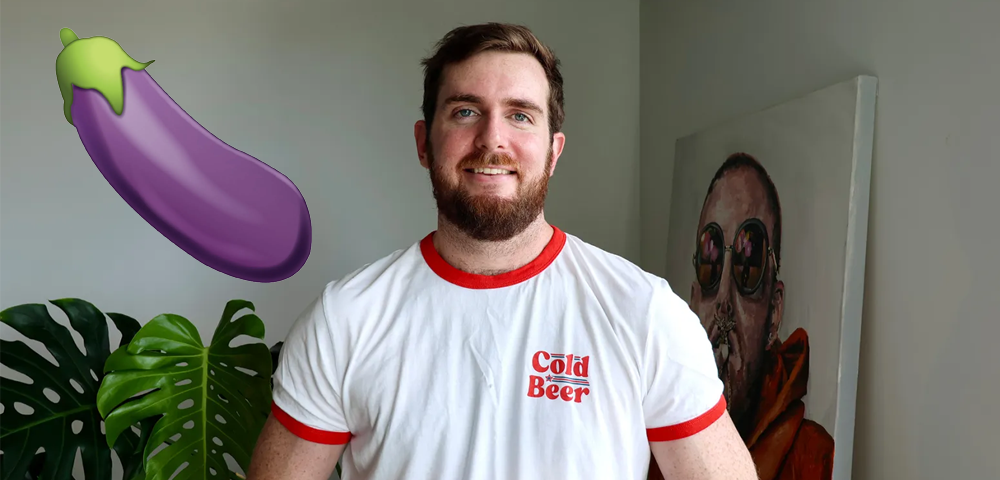
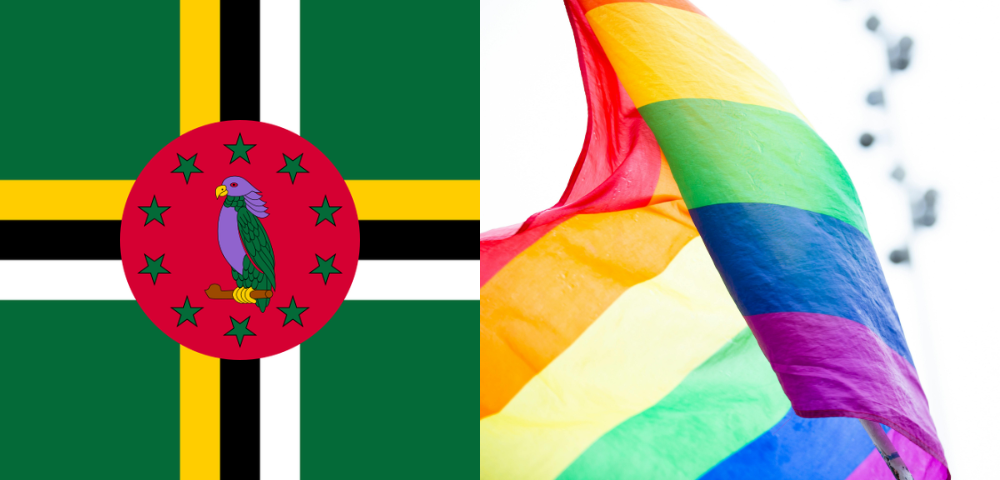
After a lifetime staying out of trouble with police,
1 click of the fingers & your bones are smashed-now that’s betrayal for you!